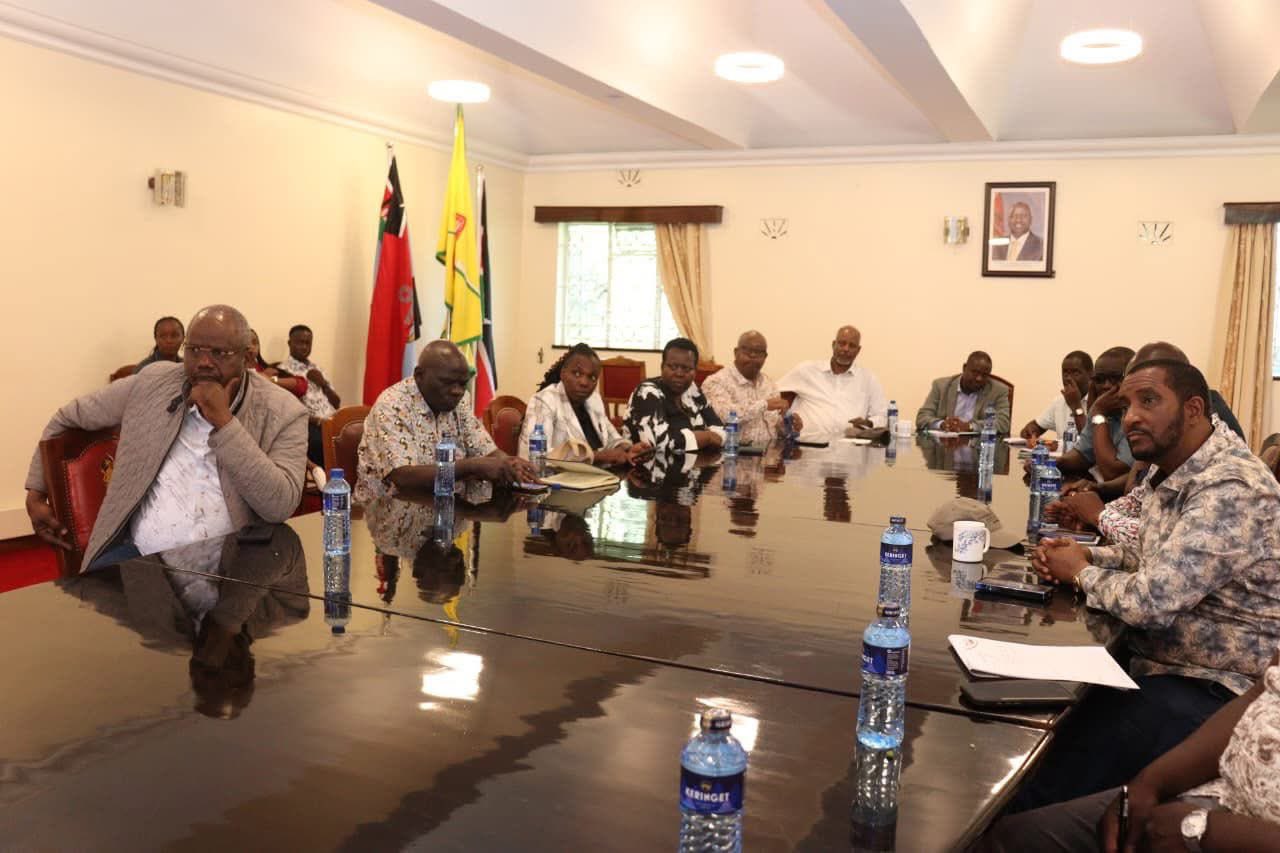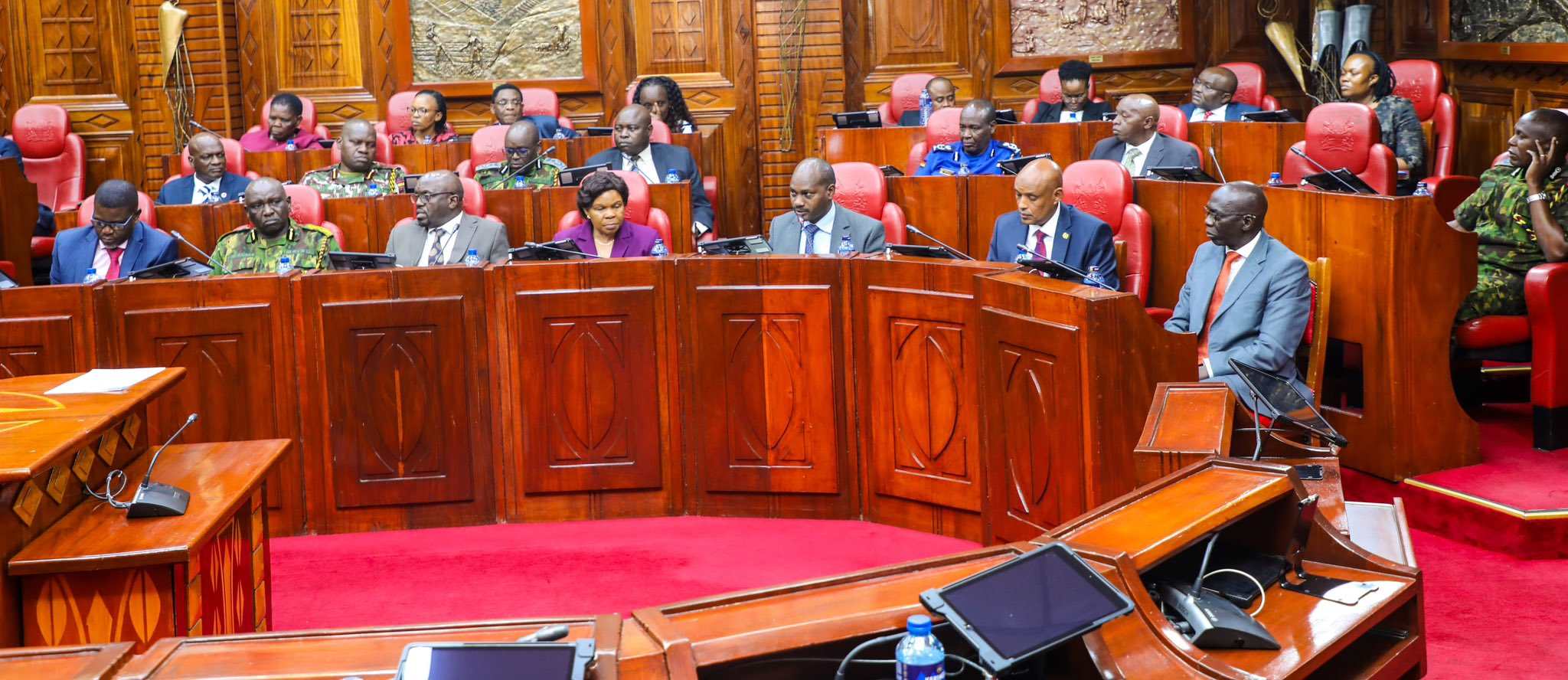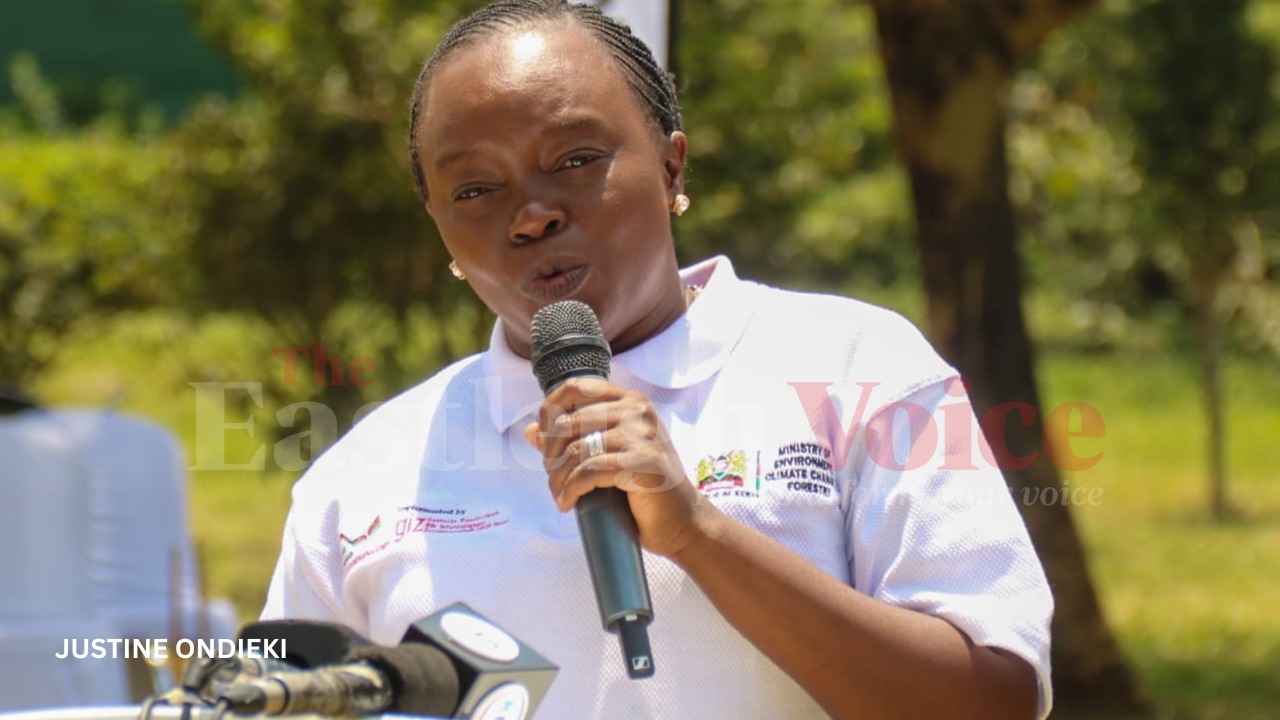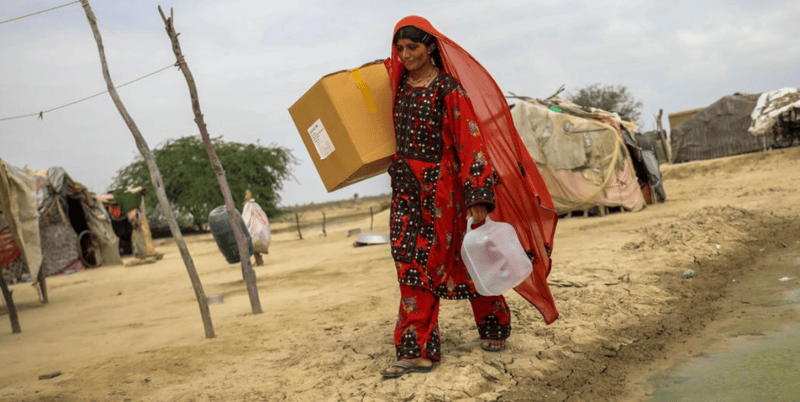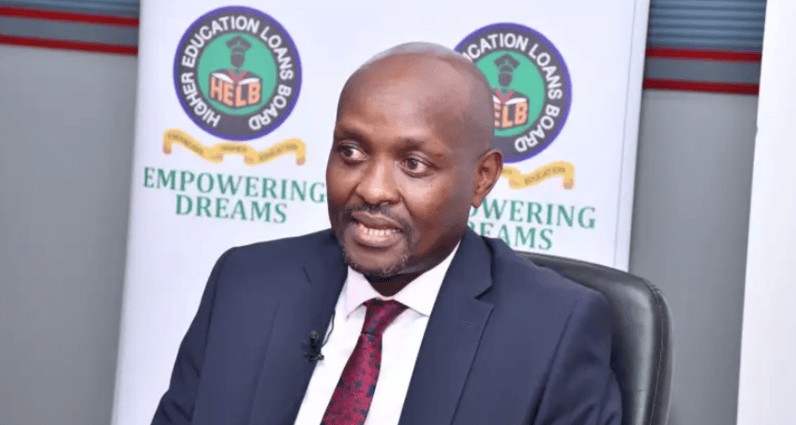Kenya Pipeline, geothermal firm questioned on ethnic inclusivity and regional balance
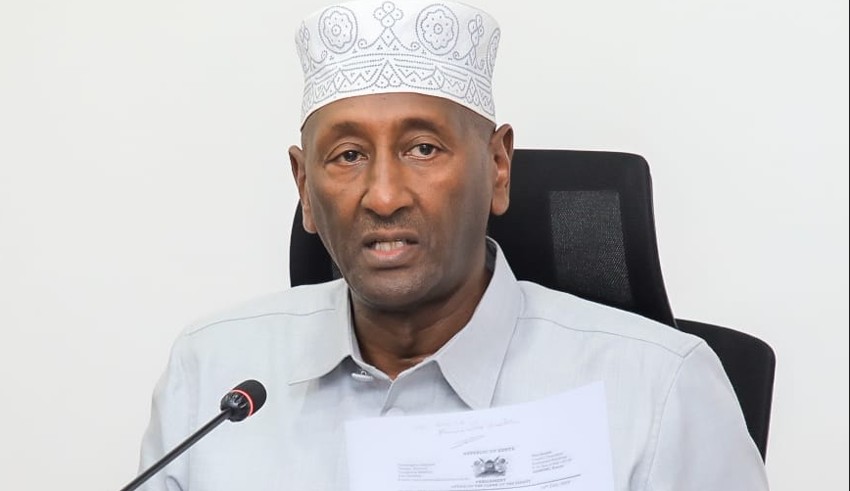
During a session on Tuesday, senators pressed the two state corporations to provide detailed staffing data, insisting that recruitment policies must align with constitutional requirements.
The Geothermal Development Company (GDC) and the Kenya Pipeline Company (KPC) are facing scrutiny over concerns that their employment practices fail to fully reflect Kenya’s ethnic, regional, and gender diversity.
During a session on Tuesday, senators pressed the two state corporations to provide detailed staffing data, insisting that recruitment policies must align with constitutional requirements.
More To Read
- Audit uncovers Sh2.3 billion risk, revenue misreporting at Geothermal Development Company
- Union seeks court orders to halt privatisation of Kenya Pipeline Company
- Parliament slams State corporations for ignoring PWDs job quota
- High Court blocks government sale of Kenya Pipeline shares
- MPs question KPC privatisation plan, raise alarm over transparency, job losses
- MPs seek views of Kenyans on Privatisation Bill as they protest State wastage
The Senate Standing Committee on National Cohesion, Equal Opportunity and Regional Integration, chaired by Marsabit Senator Said Mohamed Chute, questioned GDC and KPC on inclusivity and equal opportunity in their hiring practices.
Appearing first, GDC Managing Director Paul Ngugi defended the company’s record, presenting an appendix that detailed regional staff representation. He explained that GDC draws employees from across the country.
Compliance
Ngugi said the figures demonstrated compliance with constitutional requirements and emphasised the company’s efforts to ensure geothermal-rich areas such as Baringo and Nakuru benefit through jobs and contracts.
“Our employment practices are designed to reflect Kenya’s diversity while supporting host communities,” he told senators.
KPC Managing Director Joe Sang followed, outlining his company’s deliberate steps to promote inclusion. However, the committee raised concern that four communities—the Kalenjin, Luo, Luhya, and Kamba—make up more than 60 per cent of KPC’s workforce.
Sang attributed this concentration to historical employment patterns but assured senators that KPC is working to diversify.
Opportunities for women, PWDs
“We are integrating new communities into our workforce and have made progress in creating opportunities for women and persons with disabilities. While gaps remain at senior levels, we are steadily addressing them through fair and transparent recruitment,” he said.
Senators, however, demanded evidence beyond policy statements. Makueni Senator Daniel Maanzo noted that senior promotions remain concentrated in a few regions and urged the corporations to provide disaggregated data to expose hidden inequalities.
Turkana Senator Lomenen Joseph stressed that marginalised counties hosting projects should not be sidelined, while Nyandarua Senator Kamau Githuku called for a full staff audit disaggregated by county, gender, and age to verify inclusivity claims.
Committee Chair Senator Said Chute reminded officials that inclusivity is a constitutional obligation, warning that the Senate will continue to demand accountability until state agencies fully reflect Kenya’s diversity.
Other senators present included Nominated Senator Beth Syengo, Nominated Senator Betty Montet, and Busia Senator Okiya Omtatah.
Top Stories Today

